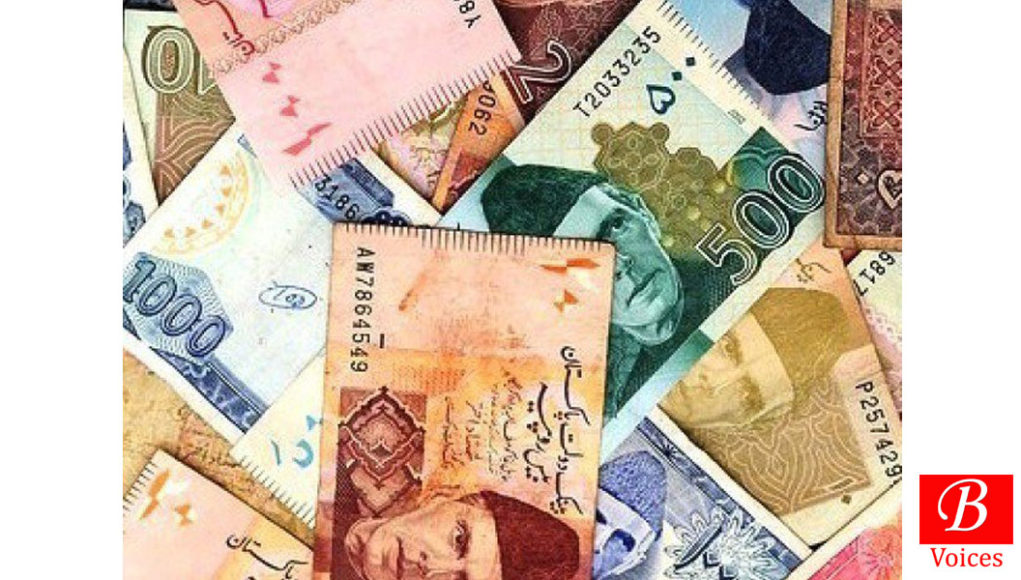Balochistan’s budget for FY 2016-17 was presented and passed without much debate. The budget, which has a total outlay of Rs289.35 billion, has been dubbed as a paradigm shift. The reason for that is the focus on large and new projects, away from the trend of small and useless projects proposed by MPAs.
The total development expenditure allocated in the budget was Rs71.18 billion. This was a 24 percent increase compared to last year. This year the funds allocated for new projects are Rs49.866 billion and funds for ongoing projects are Rs15.134 billion; these make up 76.71 percent and 23.39 percent of the development budget respectively. Funds for new projects have been increased at the cost of ongoing development projects. Experts believe that it is always prudent to minimise the size of the throw forward which is maximised when funding is reduced for the ongoing projects as they take more time to complete.
Read also: Balochistan Budget: Analysis of Education Component
An important dimension in the budget is the focus on water management projects while ignoring the essential services of education and health. The greatest chunk of development funds has been allocated to the Public Health Engineering (PHE) Department which is responsible for extracting and providing drinkable water. The share of the PHE in the development budget has increased to 21.43 percent – from 8.23 percent last year. But the development budget for education has decreased from 21.05 percent to 9.34 percent. Similarly, the development budget for health has reduced from 7.58 percent to 5.09 percent.
The massive increase in the development funds of the PHE is due to the Quetta Water Supply project which will cost Rs40 billion; Rs10 billion has been allocated for that project in the current year. This project involves pumping water to Quetta valley from the Pat feeder canal, situated some 300 kms away. Only a pre-feasibility study of this project has been considered and a feasibility study will be conducted this year. This can be considered as an over-ambitious project at best and it is most likely that the Rs10 billion allocated for it will end up being lapsed. So, the health and education budget has been slashed for a project which might not materialise in FY 2016-17.
Education was the main victim of the way the budget was developed this time around. The development budget for education was cut down from Rs10 billion to Rs6.65 billion; the major cut was enforced on the side of primary and secondary schools. For last three years the Balochistan government had spent heavily on education and the province was under a so-called education emergency. However, in this latest budget education has been put on the backburner.
Sources in the education department justify the cut in the development budget by claiming that international donors have pledged more than Rs6 billion for education in Balochistan. This argument is not accepted by experts, who believe that international donors will reduce their aid when the government reduces its share of funding.
Another thing to consider is that only 33.11 percent of funds for education have been allocated for ongoing projects while 66.69 percent funds are for new projects. This means that development projects for education initiated in the last two years would take longer to complete; that would result in cost overrun as well.
One of the main points of this paradigm shift was an end to the practice of-MPA proposed schemes. These schemes are mostly used by MPAs to reward their supporters. This practice was reduced in the budget but it has not been completely ended. There are still a huge number of such petty schemes that are a huge waste of funds.
Moreover, the Mushtaq Raisani episode took place a few weeks before the budget presentation. As a result, almost all key officers in the finance department were transferred just days before the budget, resulting in the budget-making being affected.
Similarly, the additional chief secretary of Planning and Development (P&D) was also transferred a week before the budget. That must have affected the way the budget was prepared. The new ACS has a reputation of being an honest and extremely competent officer but still he had only five days to prepare the development budget.
Now, the budget has been passed. All the aforementioned loopholes notwithstanding, this budget is based on an approach that can be considered a step in the right direction. It is based on the realisation that fiscal mismanagement in the province needs to be brought to an end to provide relief to the people. The government and all the executing agencies must focus on the effective implementation of this budget.
This article was originally published in The News International
Share your comments!








